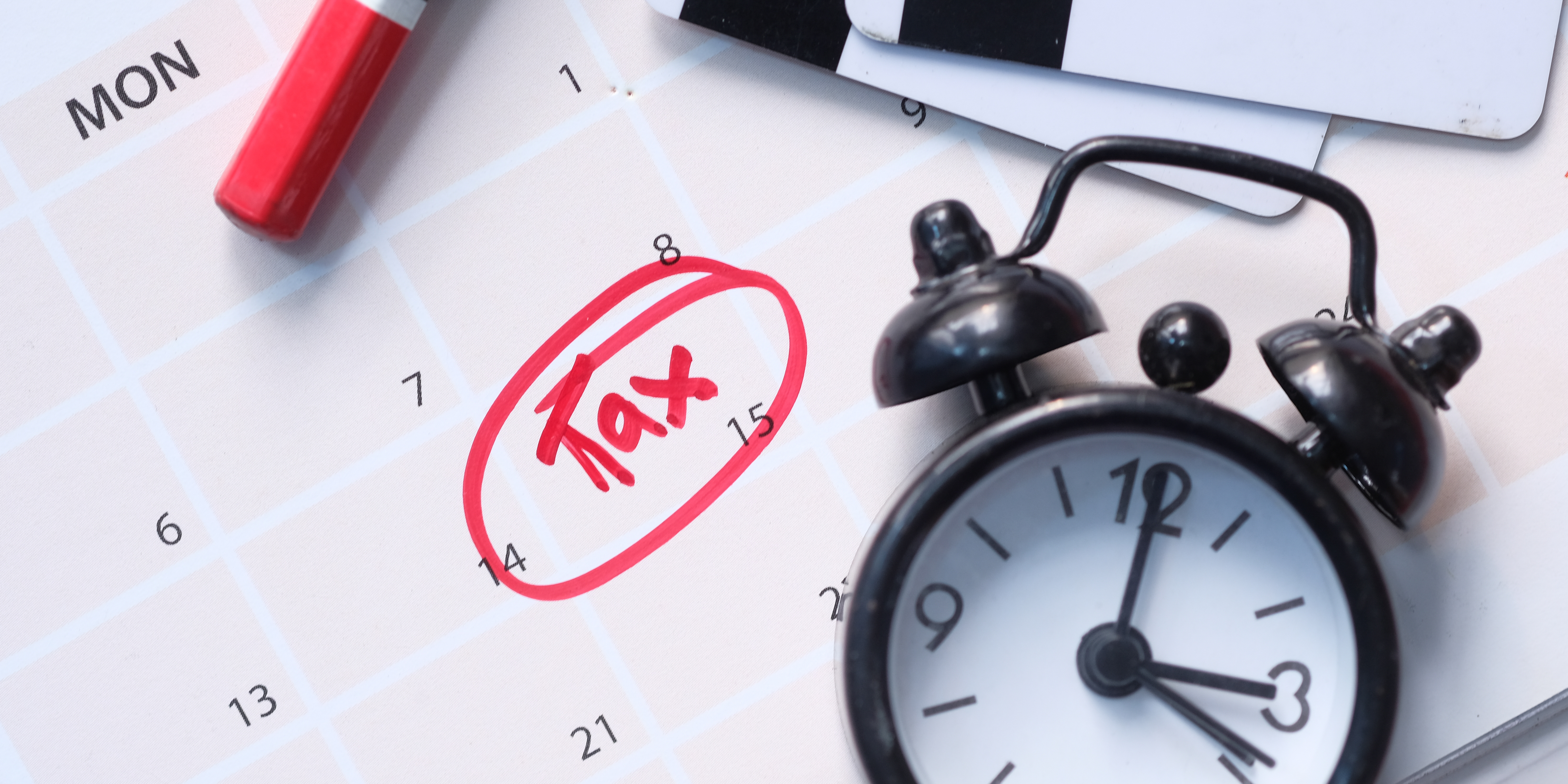The Affordable Housing Act, 2024 (“the AHA”) was assented to on 19th March 2024. Sections 4 and 5 of the AHA which provide for the imposition of the Affordable Housing Levy (“the Levy”) and the obligation of the employer to deduct and remit the Levy came into operation on the date of assent on the 19th day of March 2024. The remaining sections of the AHA will come into operation on a future date which will be prescribed by the Cabinet Secretary responsible for affordable housing (“the Cabinet Secretary”) in the Kenya Gazette.
The following are the highlights of the AHA:
Imposition of the Levy
The Levy will be paid by both salaried and non-salaried persons at a rate of one point five percent (1.5%) of:
- the gross salary of an employee; or
- the gross income of a non-salaried person.
This provision cures the discriminatory issue raised in Okiya Omtatah and 6 others v the Cabinet Secretary for the National Treasury and Planning and 3 others (Petition No. E181 of 2023) where the High Court declared that the Levy was discriminatory as it was only being paid by salaried persons.
For salaried persons, the employer will match the employee’s deduction of the Levy. This means that where directors, shareholders or partners who are employers in a business have remitted their contribution of the Levy in their capacity as employers, they will not be required to make further remittances on their income derived from the business as the business will be compliant. However, for those earning income other than salaried income, the income will be subject to the Levy, and they will be required to declare and remit the Levy as provided for under section 4(2)(b) of the AHA.
Further, the AHA imposes a penalty of three percent (3%) of the unpaid amount for each month the amount remains unpaid, and the Government can recover the unpaid amount as a civil debt.
Date of remittance of the Levy
The Levy will be remitted to the Commissioner-General of the Kenya Revenue Authority (“KRA”) not later than the ninth working day after the end of the month in which the gross salary was due or gross income was received or accrued. This obligation seeks to align the date of remittance of the Levy with the date in which P.A.Y.E. is remitted to the KRA.
Exemption from the Levy
The AHA allows the Cabinet Secretary for the National Treasury on the recommendation of the Cabinet Secretary to exempt any person from paying the Levy. Section 59 of the AHA further provides that the Cabinet Secretary in consultation with the Affordable Housing Board (“the Board”) may make regulations on the criteria for the exemption eligibility.
Affordable Housing Units
The AHA defines an affordable housing unit to include:
- a social housing unit – a housing unit targeted to a person whose monthly income is below KES 20,000;
- an affordable housing unit – a housing unit targeted to a person whose monthly income is between KES 20,000 and KES 149,000;
- an affordable middle-class housing unit – a housing unit targeted to a person whose monthly income is above KES 149,000; or
- a rural affordable housing unit – a rural affordable housing unit targeted at a person living in an area that is not an urban area.
Role of County Governments
The AHA also outlines the role of County Governments in the development and access to affordable housing and institutional housing who will perform functions through County Rural and Urban Affordable Housing Committees established in accordance with the AHA. This inclusion addresses the concerns that had been raised in relation to the National Government taking over the issue of housing which is a devolved function. Further the AHA provides that land held by County Governments cannot be allocated for the implementation of the affordable housing scheme and development of institutional housing scheme without having prior public participation.
Eligibility
The AHA outlines that only natural persons can apply for affordable housing units. Further, a person can only be allocated one affordable housing unit if the person meets the criteria prescribed in regulations. This means that entities like companies, partnerships, Saccos etc. are not eligible to apply for affordable housing units under the AHA. The AHA also restricts the transferability of an acquired unit. A purchaser of a unit will only be able to sell his unit after getting a written consent of the Board.
Application for an Affordable Housing Unit
A person who wishes to be allocated an affordable housing unit shall submit an application to the Board accompanied by the following documents:
- proof of the requisite deposit as may be prescribed by the Cabinet Secretary;
- a copy of the applicant’s national identity card or other form of identification as may be prescribed by the Cabinet Secretary;
- a copy of an incorporation certificate in the case of a body corporate;
- a copy of the KRA personal identification number certificate;
- a copy of the tax compliance certificate; and
- such other information as may be determined by the Board.
It is important to note that the AHA has included an incorporation certificate as one of the application documents. This contradicts section 48(2) of the AHA which indicates that only natural persons can apply for affordable housing units.
Order of Priority
The Board is required to, where an affordable housing project is to be implemented on land on which exists a settlement, issue a notice to the residents of the settlement prior to commencement of the project. Additionally, a resettlement mechanism for the residents should be formulated and first priority given to the residents of the settlement to purchase a unit in the project.
Voluntary Savings
The AHA allows an eligible person to make voluntary savings with the Affordable Housing Fund (“the Fund”) as a means of raising a deposit required towards the allocation of an affordable housing unit. A person who has made voluntary savings and not been allocated an affordable housing unit has two (2) options, to either:
- withdraw their savings by issuing a ninety (90) days’ written notice to the agency allocated monies for affordable housing for a refund with accrued interest; or
- to apply to the Board for issuance of an affordable mortgage to develop a rural affordable housing unit.
An application under (b) above, will be required to enter and agreement that the savings deposited and the land upon which the unit is to be constructed will be used as collateral.
Ownership of Affordable Housing Units
Upon completion of payment of the agreed price, the Board shall transfer ownership of the affordable housing unit to the applicant. This provision implies that a purchaser cannot occupy the affordable housing unit until the agreed price is paid in full. Purchasers are also restricted from entering a contract, agreement or otherwise to sell or agree to sell an affordable housing unit without prior consent of the Board.
Tax Relief
The AHA also provides tax relief to resident individuals who have contributed the Levy. The relief provided will be fifteen percent (15%) of such individual’s contribution but shall not exceed KES 108,000 per annum which translates to KES 9,000 per month as currently provided for in Paragraph 3 of the Third Schedule of the Income Tax Act, Cap 470 (“the Income Tax Act”).
The second schedule to the AHA also amends section 15(2) of the Income Tax Act so as to make the amount contributed by employers and businesses allowable deductions thereby reducing the overall taxable income.
Offences
Any person who misappropriates, assists, or causes any misappropriation of funds or assets of the Fund commits an offence. Such persons shall be liable on conviction to a fine of KES 20,000,000 or imprisonment for a term not exceeding ten (10) years, or both. Further, where a person receives a qualifiable benefit, or any other person suffers any qualifiable loss then an additional mandatory fine shall be imposed and shall be equal to two times of the amount of benefit or loss.
It is an offence to give inaccurate or misleading information, have possession, control or access to information, documents, returns or forms relating to applications or granting of loans which a person is not authorized to have. Such offences shall be subject to a fine of KES 10,000,000 or imprisonment for a term not exceeding five (5) years, or both.
Conclusion
Based on the above highlights, it is observable that the AHA addresses the issues raised in the case of Okiya Omtatah and 6 others v the Cabinet Secretary for the National Treasury and Planning and 3 others (Petition No. E181 of 2023). Contribution of the Levy is mandatory for both salaried and non-salaried persons. The AHA has now provided KRA will the legal authority to collect the Levy and has also created a legal framework in the form of the Fund where all the contributions will be directed to as opposed to the former scenario where no such framework existed. The AHA has also repealed the impugned sections 31B and 31C of the Employment Act, 2007 as amended vide the Finance Act, 2023 which had earlier introduced the Levy.
However, the AHA is already facing new hurdles as fresh cases have been filed in Court challenging its constitutionality. We shall keep you updated on any notable developments in this regard.
Please click here to download the alert.





